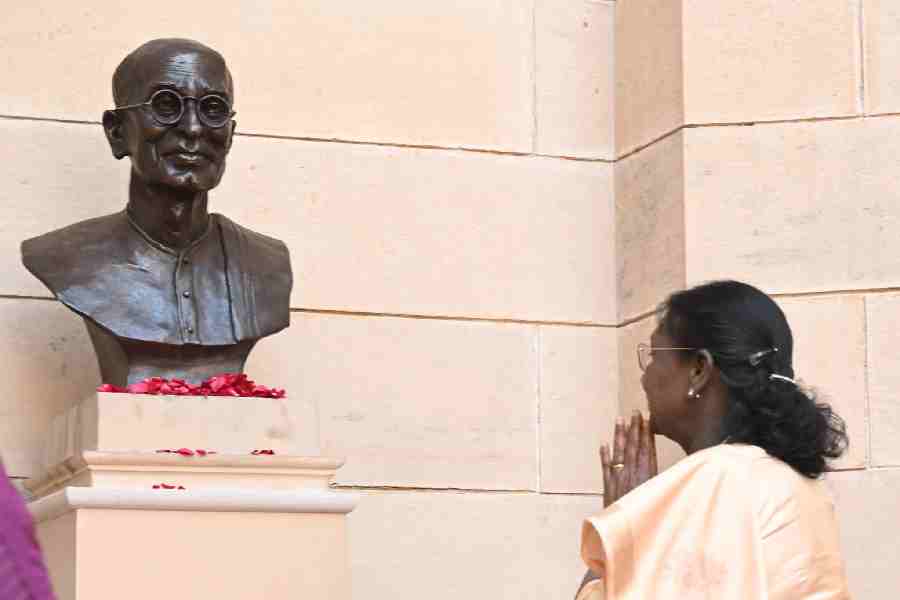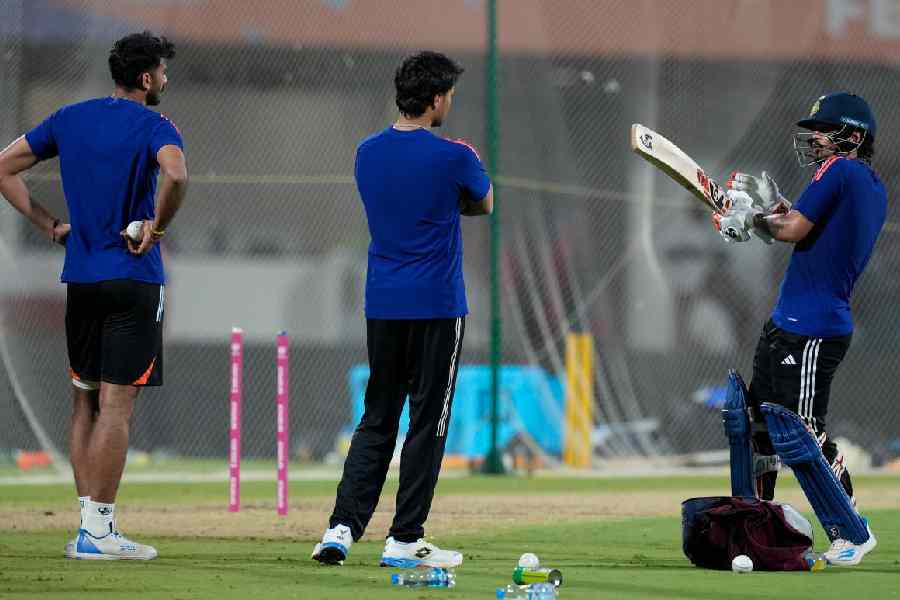 |
New Delhi, Dec. 15: The Intelligence Bureau is snooping around for men and women, but not many think it is an intelligent career option.
The country’s premier spy agency yesterday held an entrance exam for the post of assistant central intelligence officer (ACIO), but only 45 per cent of those shortlisted turned up.
“We aren’t getting as many applications as we should. This is worrying,” said an IB officer who didn’t want to be named.
The concern is understandable. The bureau — whose current staff strength is about 25,000, including technical and cyber experts — has over 4,000 vacancies and is desperately trying to increase its manpower to widen its intelligence-gathering network to prevent terror strikes like the one in Mumbai last month.
“The vacancies are mostly from the lower ranks like, say, the ACIO,” the IB officer said.
The last time the bureau recruited personnel for the post, equivalent to that of a police sub-inspector or an upper division clerk in a government department, was about four years ago.
IB insiders said it was not surprising why fewer people were choosing intelligence as a career option. Poor remuneration and career prospects turn away candidates from the bureau that once used to attract postgraduates and even doctorates.
Once an applicant gets in, promotion is “very slow”, said Malay Krishna Dhar, a former joint director who spent 30 years in the agency. “A sub-inspector (ACIO) in IB takes 15 years to become an inspector and only 5 per cent of the cadre finally retire as SP or DIG. So, upward mobility is very slow, whereas the job requires more hard work than policing.”
Pay scales are also low, said another officer who refused to be named.
An ACIO joins at a basic monthly salary of Rs 5,500 with an increment of Rs 175 every year till the salary reaches Rs 9,000.
In October, Shivraj Patil, who was then home minister before the Mumbai carnage scalped him, asked the IB to complete the recruitment process of 6,000 additional spies by 2009. The bureau now has just 3,500 field operatives.
“With so few field agents, how can we guarantee intelligence? The government expects cadres to work 20 hours a day, with hardly any helping hand and no perks, and then there is a huge hue and cry about intelligence failure,” said an officer.
A Group of Ministers, set up after the 1999 Kargil incursion, had earlier recommended creating 3,000 posts as part of an expansion plan. But only 1,400 posts have been created so far.
Dhar says vacancies have accumulated over the years. “Recruitment needs sanction of the government and often that is withheld or deferred because of economic crunch or budget constraints. On an average, there is a 30 per cent crunch in every department.”
Dropout rates are also high, which, insiders say, is not surprising because the first five years after joining are strenuous.
“The first five years one has to compulsorily serve in difficult border regions. I know of young men and women who put off marriage during the first five years because of the hardships of the job,” Dhar said.
Less than 30 per cent cadres, he added, have houses sanctioned for them.
The IB is now recruiting personnel on deputation to beat the manpower crunch. Though recruitment for posts like ACIO has begun, non-commissioned officers from defence forces, a majority of them from the air force, are being called to take care of technical services.
But intelligence officials say deputation cannot solve the agency’s problems.
“Intelligence gathering is a specific job, it needs specific training. The solution is recruitment of youngsters and training them to be intelligence operatives,” said an official.










